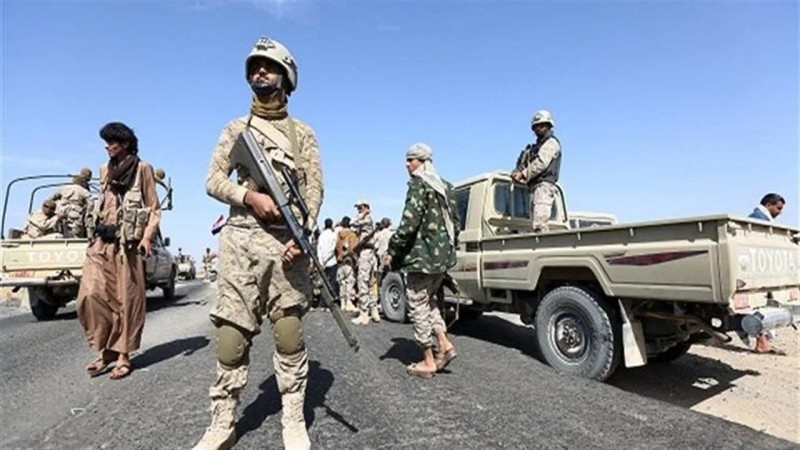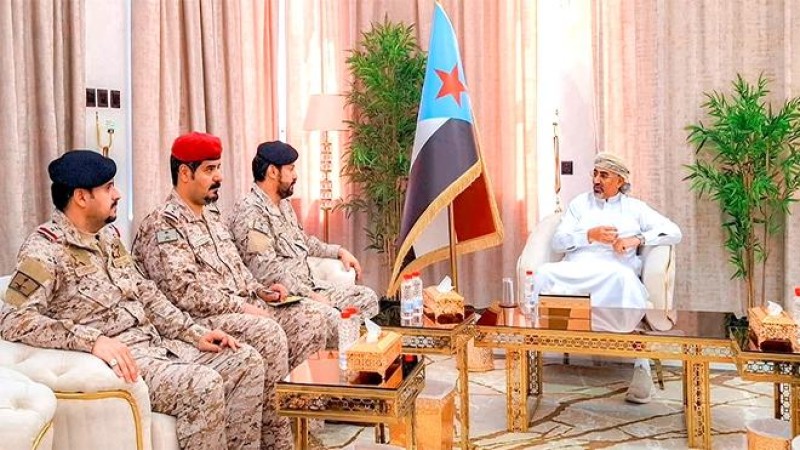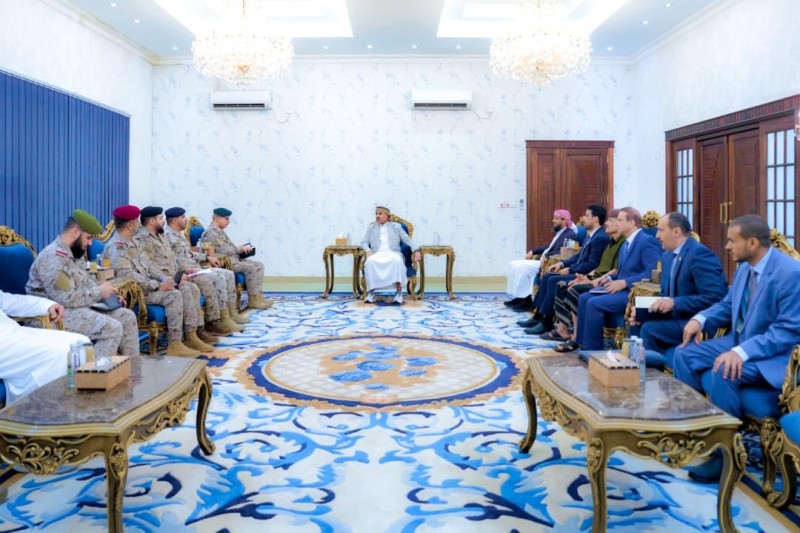Trump confirms : Abu Bakr al-Baghdadi killed in US raid


The Islamic State leader Abu Bakr al-Baghdadi has been killed in a raid by US special forces on his Syrian safehouse, Donald Trump announced on Sunday, ending a years-long manhunt for one of the world’s most wanted terrorists.
Trump said the “impeccable” two-hour operation was conducted on Saturday night in the province of Idlib, one of the last areas of the country still outside Syrian regime control, and that US officials had confirmed Baghdadi, 48, was among those killed.
“US special operations forces executed a dangerous and daring nighttime raid in north-west Syria and accomplished their mission in grand style,” Trump said.
The Isis leader died “running into a dead-end tunnel, whimpering and crying and screaming all the way,” he said.
Baghdadi detonated a suicide vest and killed himself and three of his children, Trump said. “He died like a dog, he died like a coward. The world is now a much safer place.”
Trump said US forces were engaged with “massive firepower” as they arrived at the building where Baghdadi was sheltering with his family and associates.
“The compound had to be cleared at this time with people either surrendering or being shot and killed,” he said. “Eleven young children were moved out of the house and are uninjured.
“The only ones remaining were Baghdadi in the tunnel and he had dragged three of his young children with him. They were led to a certain death. He reached the end of the tunnel as our dogs chased him down.
“[Baghdadi] ignited his vest, killing himself and the three children,” Trump said. “Test results gave certain immediate and totally positive identification, it was him.”
The US president had presaged the news of Baghdadi’s death in characteristic style, inviting speculation by tweeting at 9.23pm on Saturday evening in Washington: “Something very big has just happened!”
The first reports broke hours later that US special forces had been involved in an operation in Idlib targeting a senior terrorist leader who was soon reported to be the Isis chief.
Unnamed officials in Ankara, Tehran and Baghdad were quoted in various media outlets, including the Guardian, confirming that Baghdadi had been killed but Trump’s announcement on Sunday morning was the first official confirmation of the Isis leader’s death
“The thug who tried so hard to intimidate others spent his last moments in utter fear, total panic and fear, terrified of the American forces bearing down on him,” Trump said.
Among the first victims of the terrorist group and their relatives to issue reactions was Diane Foley, whose son James was among those whose deaths were filmed for gruesome murder videos that became a trademark of the group.
“I am grateful to our president and brave troops for finding Isis leader Al-Bagdadi,” Foley wrote. “I hope this will hinder the resurgence of terror groups and pray that captured Isis fighters will be brought to trial and held accountable.”
Trump mentioned Foley in the press conference as well as other American hostages killed in the group’s custody, Steven Sotloff, Peter Kassig and Kayla Mueller. He also referenced Muath al-Kasasbeh, the Jordanian pilot that the terrorist group burned to death.
The US fighters collected “highly sensitive material and information” before they left the site, Trump said.
He thanked the governments of Russia, Iraq, Syria and Turkey as well as the Syrian Kurdish forces for their assistance. The US special forces reached the compound aboard eight helicopters that flew through Russian-controlled airspace with Moscow’s permission, he said, while the Kurds provided some intelligence.
Trump said Baghdadi was “the biggest there is”, larger even that Osama Bin Laden, the al-Qaeda chief killed in a raid in 2011. “Osama bin Laden was big, but Osama bin Laden became big with the World Trade Center,” he said. “This is a man who built a whole, as he would like to call it, a country.”
Baghdadi’s death is likely to be a significant fillip for Trump, who has faced withering criticism from Republicans and Democrats alike for withdrawing troops from north-eastern Syria, effectively allowing Turkey to move against the US’s Kurdish allies in the region.
Trump’s critics have charged that the Syrian pullout would allow Isis to resurge in Syria and pose a renewed threat to American interests – arguments that could be blunted by Saturday’s operation, even if the risk from remnants of the militant group remains.
Baghdadi’s death is a devastating blow to a terror group that had run rampant across the region for five years from mid-2014, spawning gruesome terror attacks across the world, amplifying a mass refugee exodus and sparking a war to contain it that killed thousands of people and displaced millions more.
Throughout that time, Baghdadi remained the face of Isis: a fearsome implacable ideologue who eluded the world’s intelligence agencies while continuing to incite a war of civilisations.
AFP

Abyan — The Southern Armed Forces announced Saturday the launch of a new military campaign named “Operation Decisive Resolve,” as…

Aden — The President of the Southern Transitional Council (STC), Aidarous al-Zubaidi, on Saturday commended the Arab Coalition, led by Saudi…

Aden — Aidarous al-Zubaidi, President of the Southern Transitional Council, received a Saudi-Emirati delegation from the leadership of the Ar…